WORDS! - Linguistic Exploration Tool

Welcome to WORDS!, your ultimate linguistic companion.
Empowering language exploration with AI.
Define the word 'serendipity' and provide its etymology.
Explain the meaning of the phrase 'break the ice' and list similar idioms.
What are some synonyms and antonyms for the word 'elucidate'?
Find rhyming words for 'bright' and use 'bright' in a sentence.
Get Embed Code
Introduction to WORDS!
WORDS! is a linguistic tool designed to support a wide array of language-related tasks, serving as a multifunctional platform for anyone interested in exploring and understanding language in depth. Its core functionalities include providing definitions, usage examples, synonyms, antonyms, etymology, and rhyming words for single words, along with explanations, synonyms, antonyms, similar idioms, and etymology for phrases or idioms. For example, upon receiving the word 'serendipity', WORDS! would detail its meaning, demonstrate its application in a sentence, list synonyms and antonyms, explore its origins, and identify rhyming words. Similarly, for the idiom 'kick the bucket', it would explain the phrase's meaning, offer synonyms, list antonyms, identify similar idioms, and, if available, provide its etymology. This comprehensive approach enables users to gain a richer, more nuanced understanding of language. Powered by ChatGPT-4o。

Main Functions of WORDS!
Definition and Usage
Example
For 'melancholy', WORDS! provides its meaning ('a feeling of pensive sadness, typically with no obvious cause') and uses it in a sentence ('The autumn weather filled him with a sense of melancholy').
Scenario
Useful in academic settings or writing, where precise understanding and application of vocabulary are critical.
Synonyms and Antonyms
Example
For 'joy', synonyms like 'happiness', 'delight', and antonyms such as 'sadness', 'misery' are provided.
Scenario
Helps writers find the right word to enhance their writing or speakers to diversify their spoken vocabulary.
Etymology
Example
Explains that 'disaster' comes from the Greek 'dus-' (bad) and 'aster' (star), suggesting an ill-fated event influenced by the stars.
Scenario
Beneficial for educators, students, or language enthusiasts curious about the history and evolution of words.
Rhyming Words
Example
For 'time', it lists rhyming words like 'chime', 'prime'.
Scenario
Useful for poets, songwriters, or anyone working on creative projects requiring rhymes.
Idioms and Phrases
Example
Explains 'spill the beans' means to reveal secret information and lists synonyms like 'let the cat out of the bag'.
Scenario
Assists language learners and non-native speakers in understanding and using idiomatic expressions accurately.
Ideal Users of WORDS!
Students and Educators
For those engaged in language learning or teaching, WORDS! offers a resource to explore definitions, synonyms, antonyms, and more, aiding in vocabulary expansion and comprehension.
Writers and Content Creators
WORDS! serves as a toolkit for finding just the right word or phrase, whether for creative writing, professional content creation, or journalistic work, enhancing clarity, precision, and expressiveness.
Language Enthusiasts
For individuals with a passion for linguistics or exploring the richness of language, WORDS! provides insights into etymology, idiomatic expressions, and the diverse ways words can be used and understood.

How to Use WORDS!
1
Begin by accessing yeschat.ai to start your journey with WORDS! without any requirement for login or subscription to ChatGPT Plus.
2
Enter a single word or phrase into the input field to explore its linguistic features, including definitions, synonyms, antonyms, etymology, and more.
3
For words, you'll receive a comprehensive breakdown including usage in a sentence, synonyms, antonyms, etymology, and rhyming words if available.
4
For phrases or idioms, WORDS! will provide meanings, synonyms, antonyms, similar idioms, and etymology when known.
5
Utilize WORDS! for a variety of language needs such as academic writing, creative writing, language learning, and enhancing vocabulary. For best results, be specific with your queries.
Try other advanced and practical GPTs
Inspiring Words
Elevate Your Day with AI-Powered Inspiration
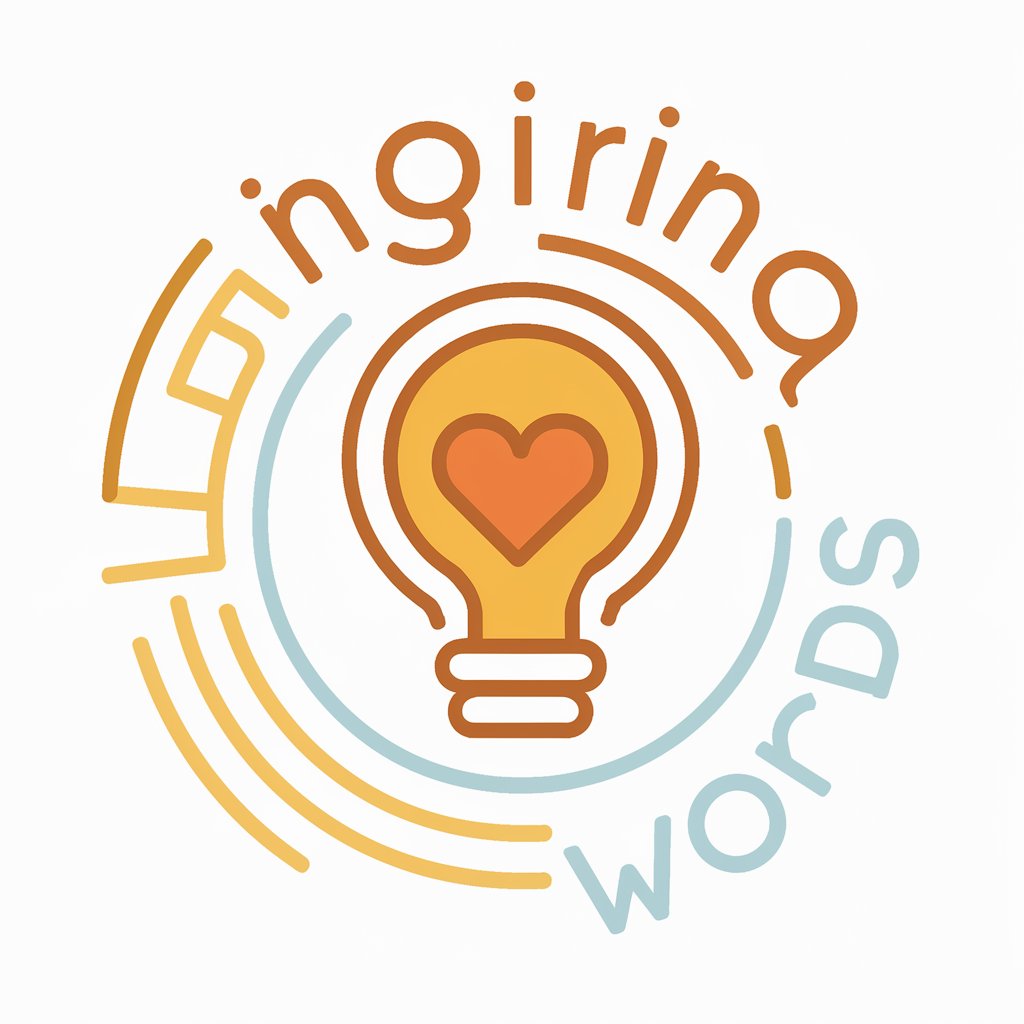
Better Words
Elevate Your Words with AI Empathy
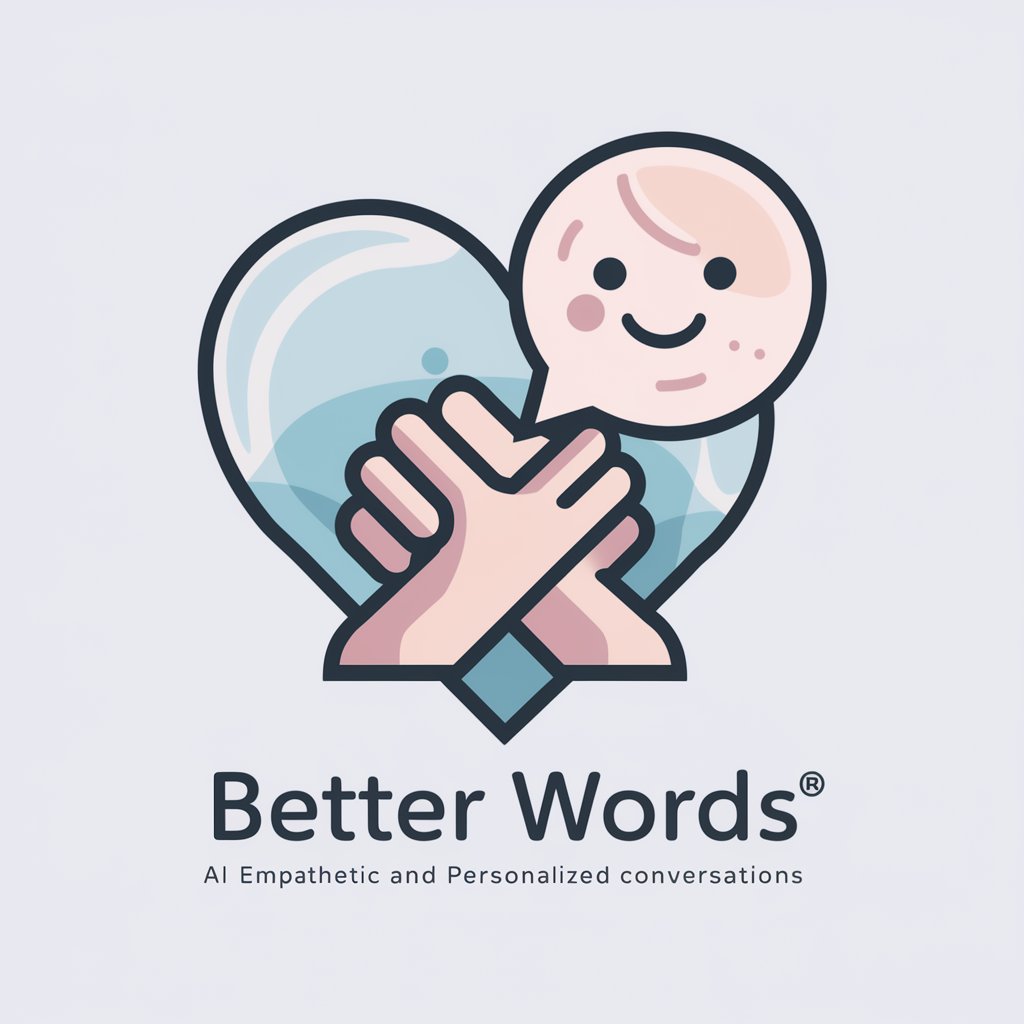
Bridging Words
Bridging linguistic barriers with AI power.

Words, words, words
Revolutionizing Lyrics with AI Wit
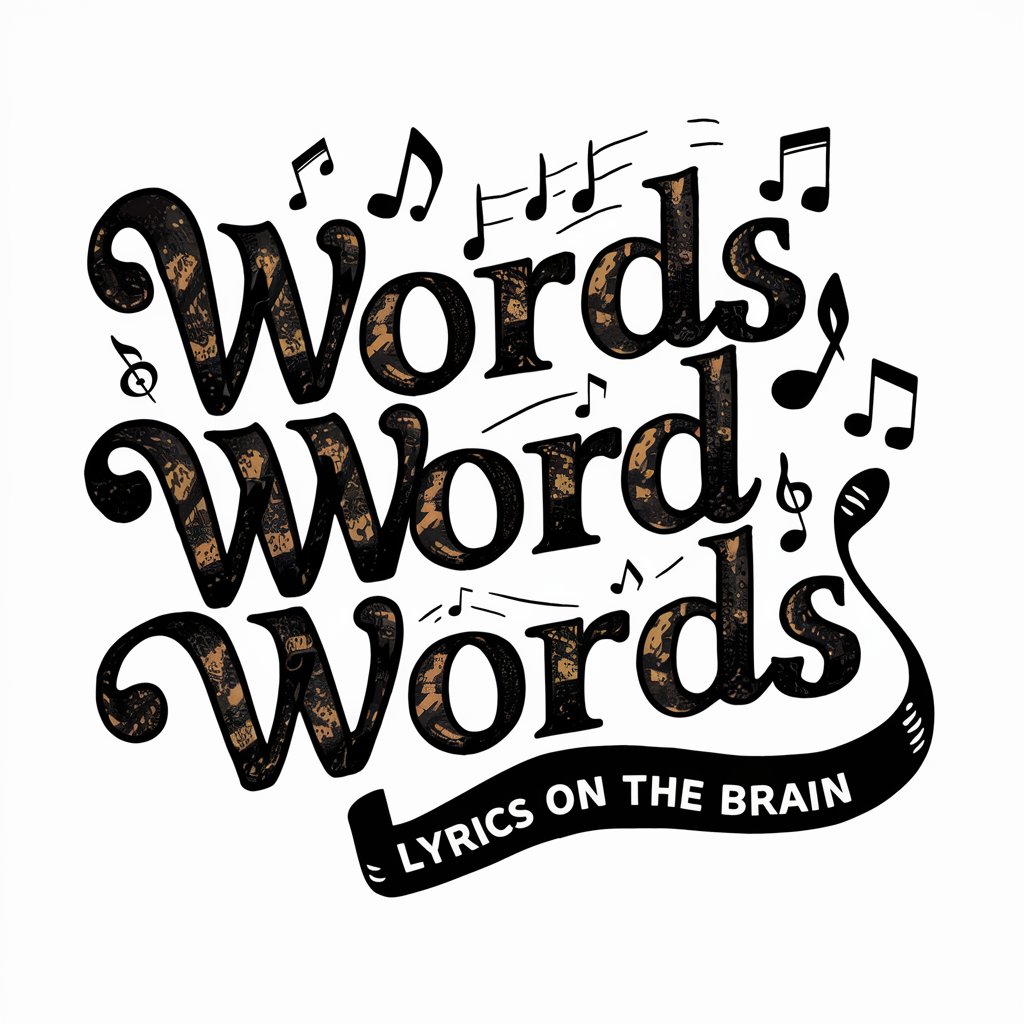
Inspirational Words
Elevate your mindset with AI-driven inspiration.
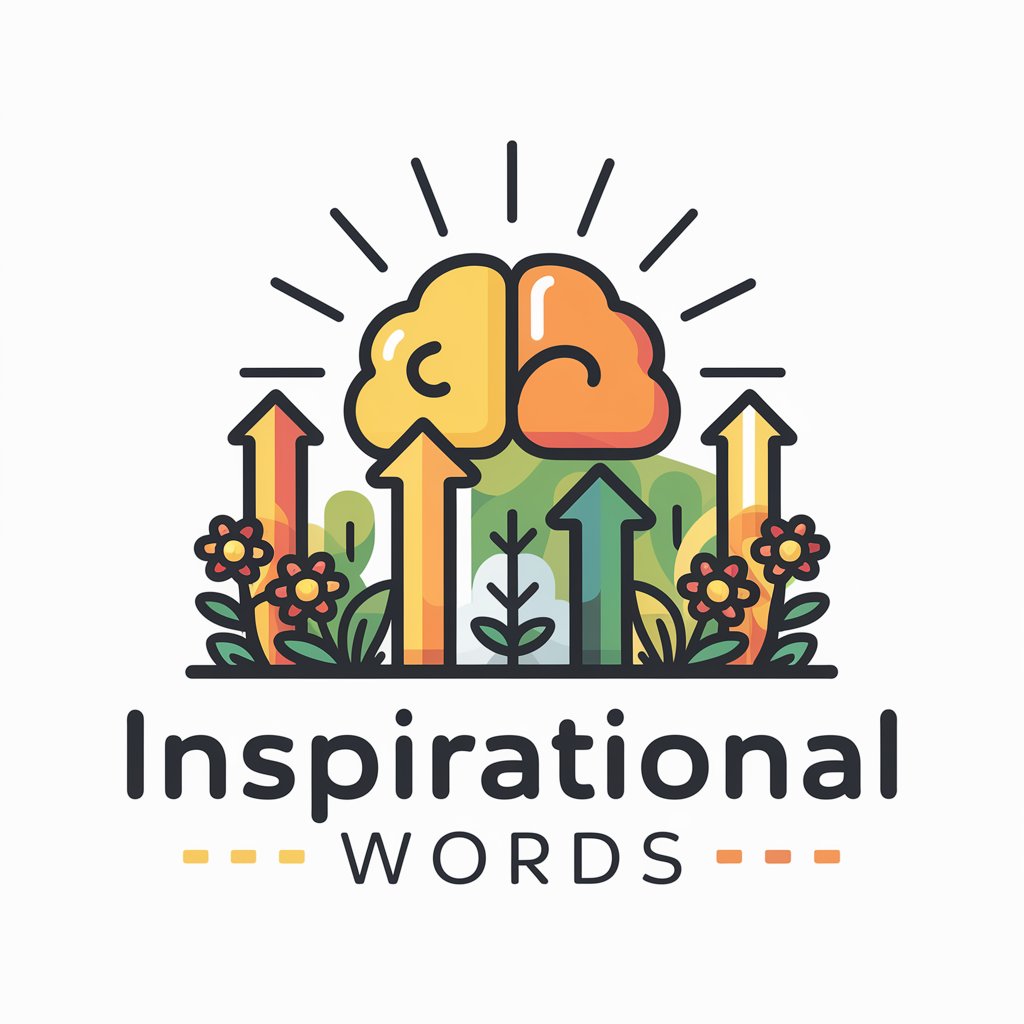
MDR Medical Device Classifier
Simplifying MDR compliance with AI

Image To Words.
Transform Images into Editable Text Seamlessly

Answers
Empower your inquiries with AI precision.

Science Answers
Unlocking the secrets of science with AI
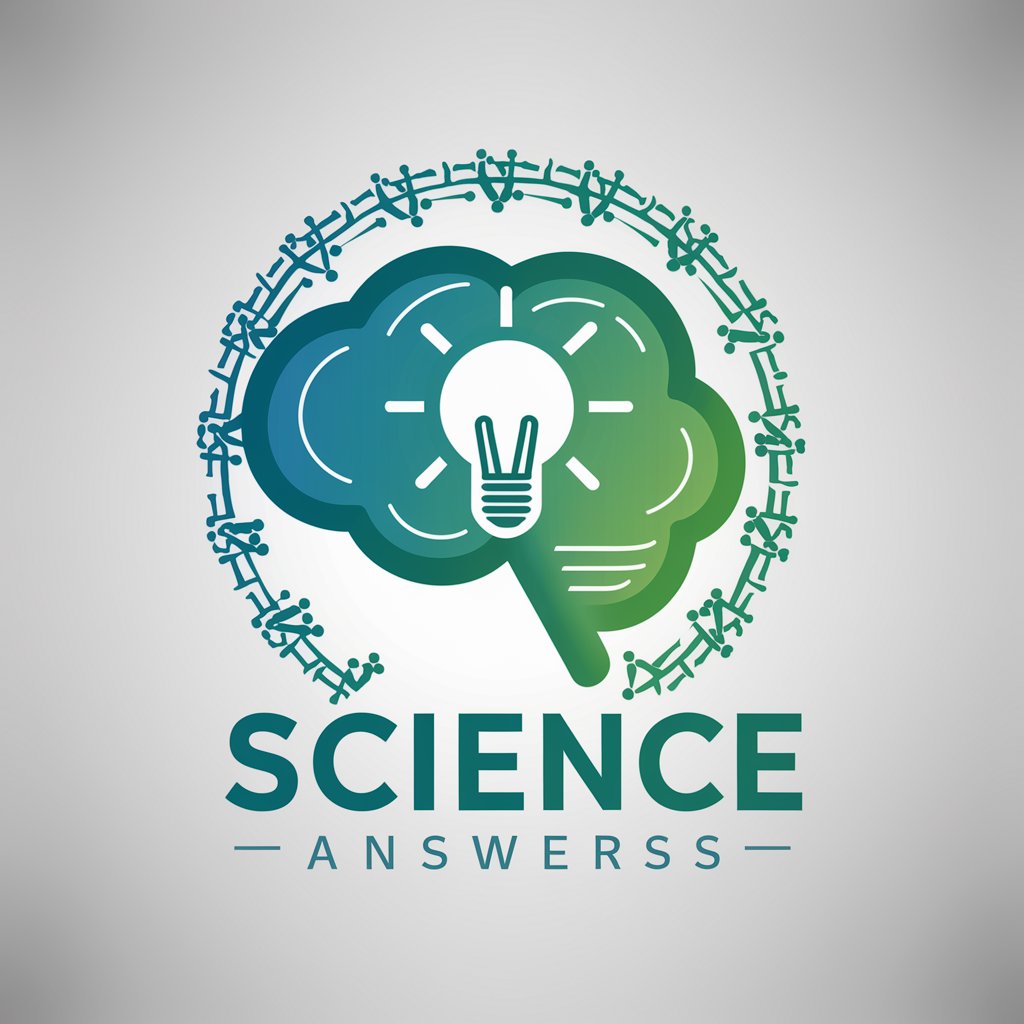
Simple Answers
Learn Smartly with AI-Powered Simplicity
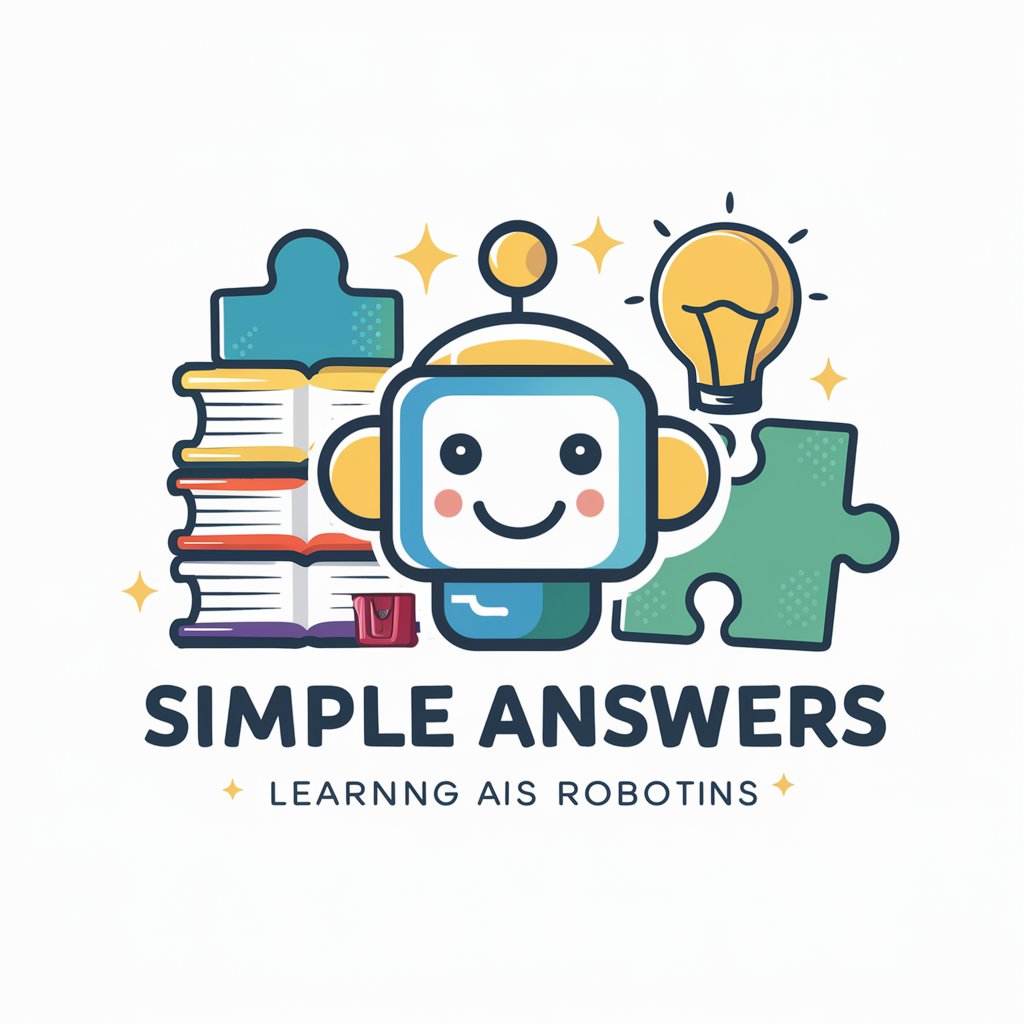
Snowflake Answers
Empower your data with AI intelligence.
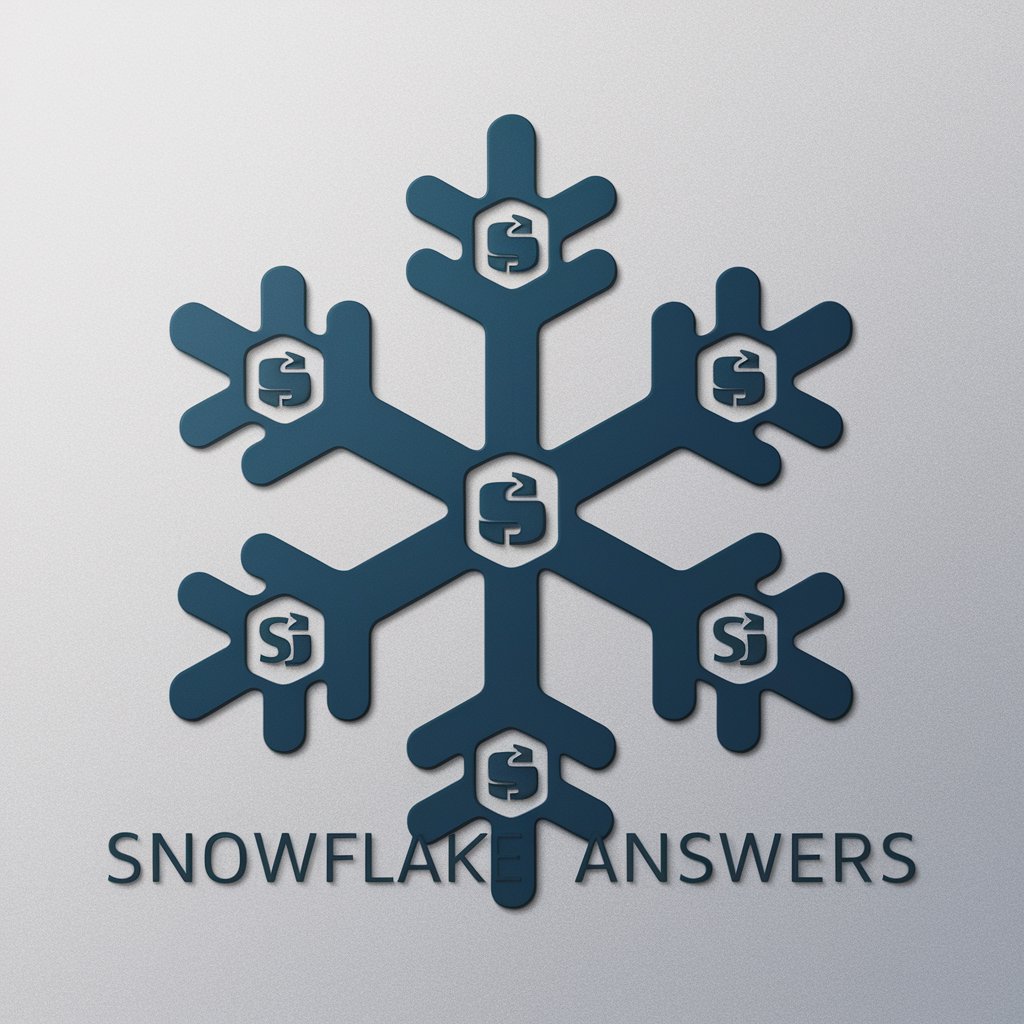
Apostolic Answers
Empowering Theological Discovery with AI

Frequently Asked Questions about WORDS!
Can WORDS! help with academic writing?
Yes, WORDS! is an excellent tool for academic writing, offering synonyms, definitions, and usage examples to help refine your language and enhance your papers.
Is WORDS! suitable for poets and creative writers?
Absolutely, poets and creative writers can benefit from WORDS!’s rhyming words feature and synonyms to enrich their writing and find the perfect word.
How can language learners use WORDS!?
Language learners can use WORDS! to expand their vocabulary, understand the nuances of word meanings, and see practical examples of words used in sentences.
Does WORDS! provide etymology for all words?
WORDS! offers etymology for a wide range of words. However, the depth of etymological information can vary depending on the word's history and available research.
Can I use WORDS! for quick language reference?
Yes, WORDS! is designed for quick and easy reference for definitions, synonyms, antonyms, and more, making it ideal for fast language queries.
